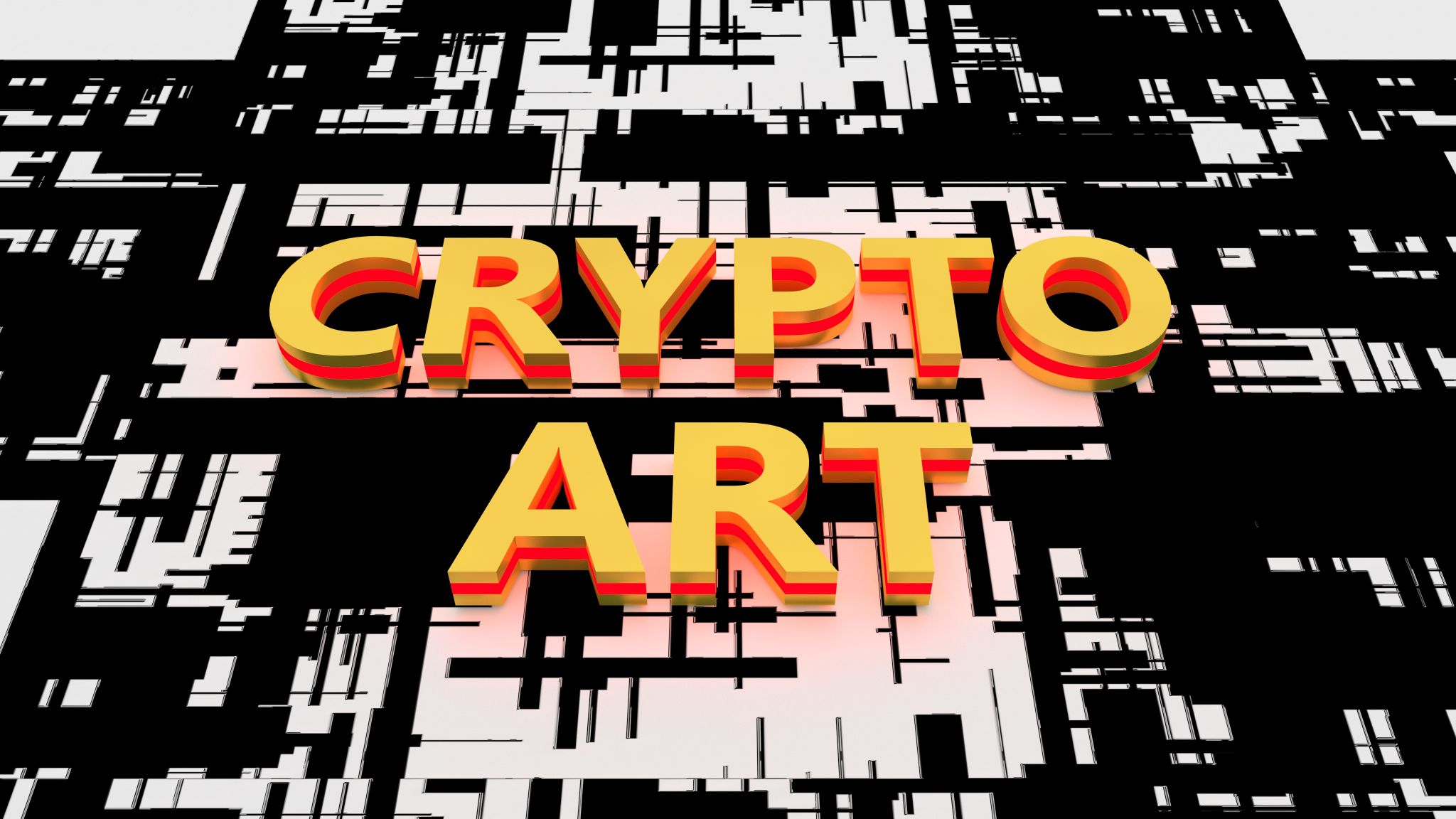Case Study: Successful Tokenisation Projects in Greater London
AF
Introduction to Tokenisation
The concept of tokenisation has gained significant traction in recent years, particularly in urban areas such as Greater London. Tokenisation refers to the digital representation of assets, allowing them to be divided into smaller units or tokens. This process facilitates easier trading, increased liquidity, and democratized access to investment opportunities. In this blog post, we will explore some successful tokenisation projects in Greater London, highlighting their impact and benefits.

The Rise of Tokenisation in Real Estate
One of the most notable areas where tokenisation is making waves is real estate. In Greater London, the skyrocketing property prices have historically limited investment opportunities to well-capitalized investors. However, tokenisation has started to change this landscape by enabling fractional ownership. Projects such as the tokenisation of luxury apartments and commercial properties are allowing smaller investors to participate in the real estate market, breaking down traditional barriers.
The impact is profound; tokenisation increases liquidity and provides a platform for more investors to engage in real estate investments. Moreover, blockchain technology ensures transparency and security, instilling confidence in investors.
Tokenisation in Art and Collectibles
Beyond real estate, the art and collectibles market in Greater London is also embracing tokenisation. This sector has traditionally been exclusive, with high entry barriers due to the value of individual pieces. By tokenising artworks and collectibles, owners can sell shares of their assets, thus opening up access to a broader audience.

For instance, renowned galleries and museums are exploring ways to digitize their collections into tokens, making art investment more accessible. This democratization not only increases audience reach but also provides artists and institutions with a new revenue stream.
Tokenisation in Finance and Investment
Financial services have seen a surge in tokenisation projects as well. In Greater London, fintech companies are leveraging blockchain technology to create new financial products. These include tokenised versions of traditional financial instruments such as bonds and stocks.
- Increased Liquidity: Tokenisation allows for greater liquidity by enabling fractional ownership.
- Transparency: Blockchain technology ensures transparent transactions.
- Accessibility: Smaller investors can now participate in markets previously out of reach.

The Impact on Urban Development
Tokenisation is not just altering individual industries; it is reshaping urban development strategies across Greater London. By facilitating investments in infrastructure projects through tokens, cities can fund essential developments without relying solely on traditional financing methods.
This innovative approach allows for community involvement in urban projects, ensuring that developments reflect the needs and desires of residents. It also accelerates project timelines as funds are raised more rapidly.
Conclusion: The Future of Tokenisation in Greater London
The successful implementation of tokenisation projects in Greater London showcases its potential to revolutionize various sectors. As technology continues to evolve, we can expect even more industries to explore tokenisation, further transforming the economic landscape of urban areas.
In conclusion, the ongoing success stories underscore that tokenisation is not just a trend but a pivotal shift towards more inclusive and efficient markets. As more projects unfold, Greater London is poised to remain at the forefront of this digital transformation.
